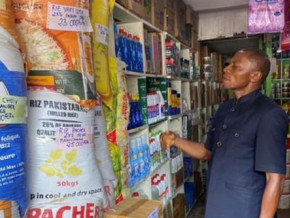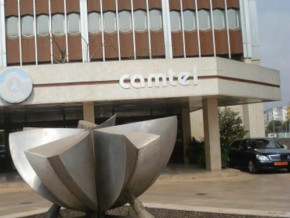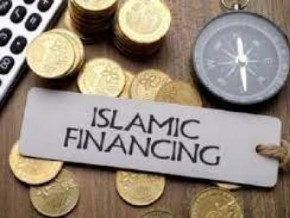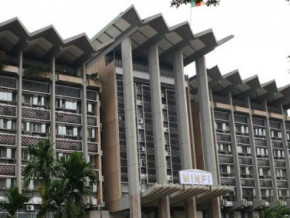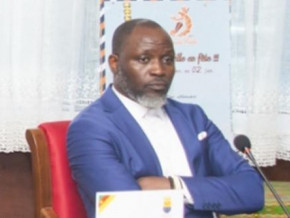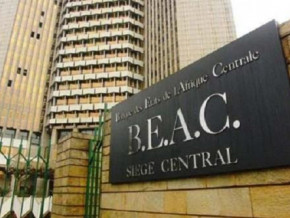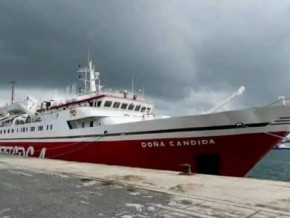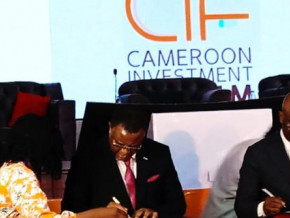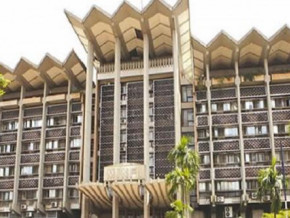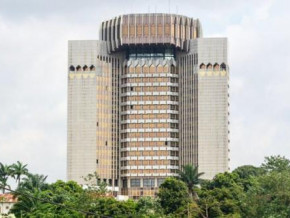
CEMAC launches its Financial Stability Committee to oversee financial system risks
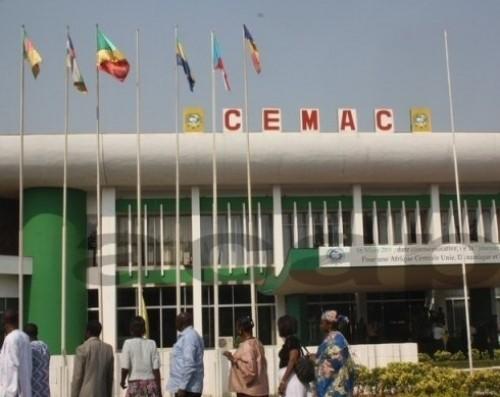
(Business in Cameroon) - Public institutions in charge of the financial affairs of the six CEMAC countries (Camweroon, Gabon, Equatorial Guinea, Chad, Congo and the Central African Republic), regulators of the banking, financial market (COSUMAF), insurance (CIMA) and anti-money laundering (GABAC) sectors of this regional community met on September 3, 2014 in Yaoundé with the governor of the BEAC, Lucas Abaga Nchama, as a part of the “Central African Financial Stability Committee’s inaugural meeting.”
At this meeting, participants “discussed its draft legislation” as well as “the 2014-2015 action plan.” But, in the end, committee members decided to adopt the text during the next meeting “after consulting with the competent government authorities of various States and institutions within the CEMAC space.”
“Before, monitoring was done on a minute scale. That is to say that each regulator would assess the risks within its own sector. The Financial Stability Committee enables us to move from the micro approach to one that is macro, which enables us to assess risks using more complete information in order to propose far better alternatives and advising for States,” explained the BEAC Governor Abaga Nchama.
According to him, the new committee, which had been put in place in 2010 by the BEAC to ensure financial stability following the 2008 international financial crisis, has enabled the CEMAC zone to be on the same footing with the UEMOA or any other international institution such as the IMF which has already put structures of this nature in place following the 2008 crisis.
Created by CEMAC regulatory legislation on October 2, 2012, the Central African Financial Stability Committee has two main mandates: “to analyse the financial system’s development, both sub-regionally and globally, and the contextual and structural vulnerability factors, alert governments and regulatory authorities on practices that appear harmful to financial stability and recommend improvements, identify and coordinate actions to be undertaken by its various members to address major challenges.”
Mags frontpage
- Most read 7 days
- shared 1 month
- read 1 month




